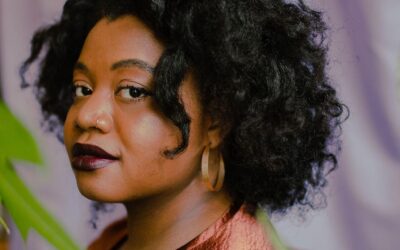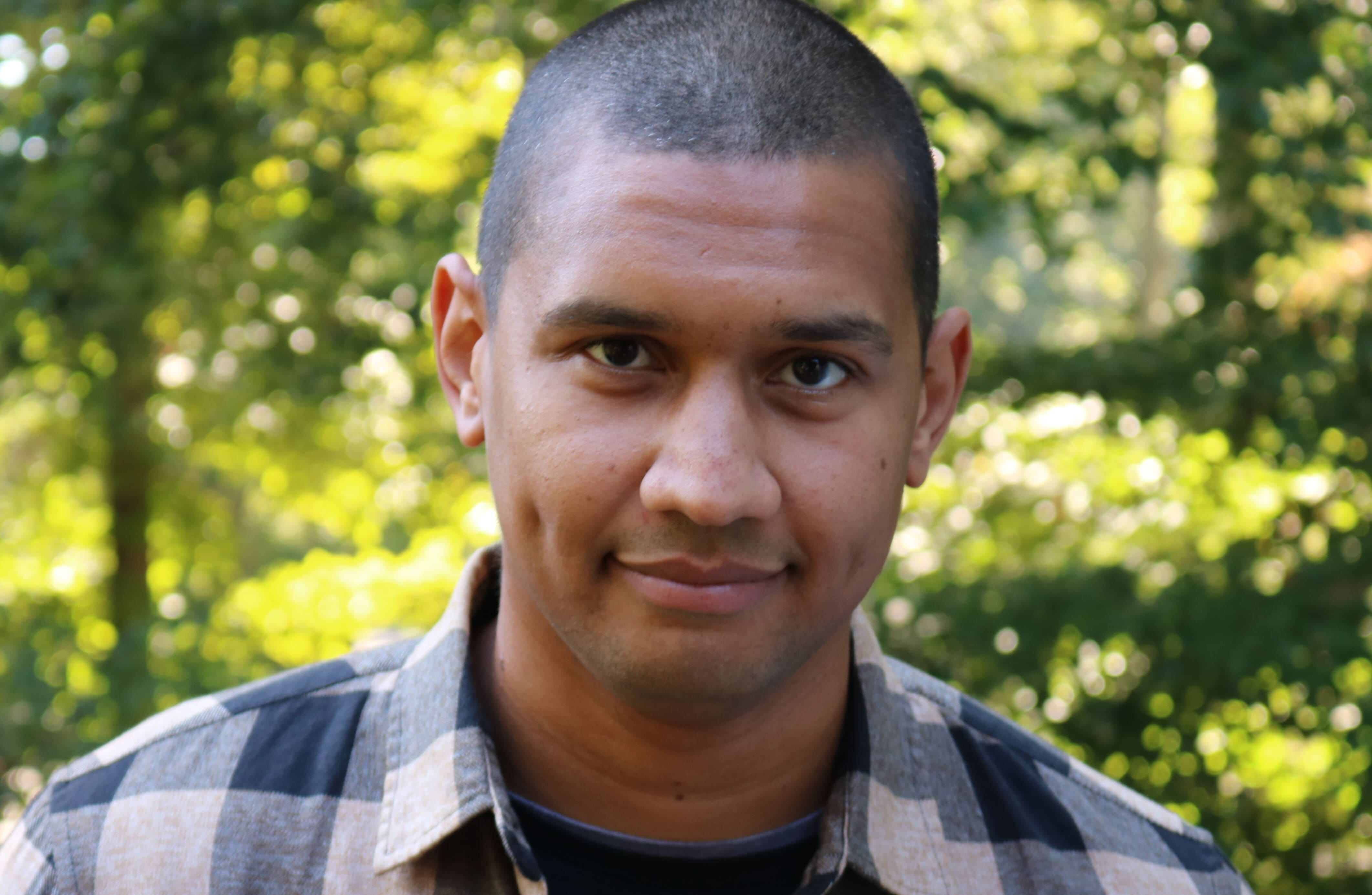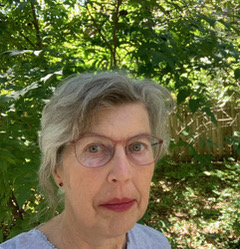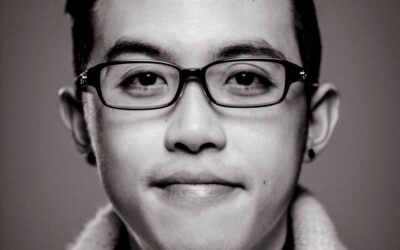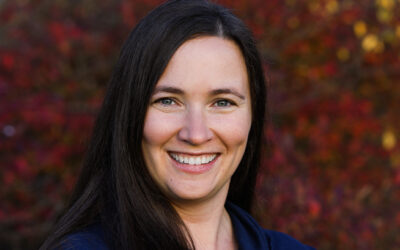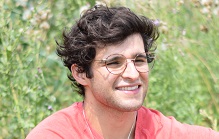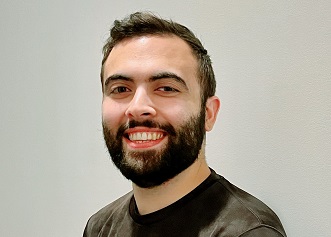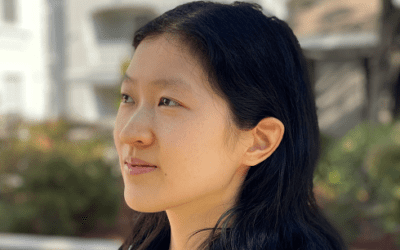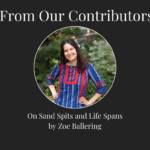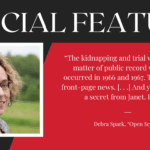miCRo: “Black Womxn Are Violets” by Tatiana Johnson-Boria
Through erasure of Alice Dunbar-Nelson’s “Sonnet,” footnotes, and white space, “Black Womxn Are Violets” by Johnson-Boria creates a complex portrait of Black womxnhood.
miCRo: “Fruit Flies” by Giboba Ramm
In “Fruit Flies,” Giboba Ramm transforms a mundane problem—a “minor infestation” of fruit flies—into the starting point for a meditation on the consequences of both reproduction and killing.
miCRo: “Gulf Pass” by Leslie Morris
Leslie Morris’s “Gulf Pass” invites readers to explore the connections between natural and unnatural landscapes.
miCRo: “In the Land of Pain” by Travis Chi Wing Lau
Travis Chi Wing Lau’s “In the Land of Pain” begins with a self-directive to keep walking while experiencing pain.
miCRo: “Snowfall” by Abbie Barker
Abbie Barker camouflages strangeness with subtle humor in “Snowfall.”
miCRo: “My Own Nuclear Destruction” by Charlotte Hughes
Charlotte Hughes bring us daily life in the shadow of nuclear energy and potential disaster.
miCRo: “On Leave” by Krista Eastman
Eastman’s “On Leave” opens with a study of contrasts on new motherhood, set lakeside where the speaker and her newborn son are spending the morning after sleepless nights.
miCRo: “Assateague” and “Coming To” by Robert Wood Lynn
Robert Wood Lynn balances the natural with the manmade, and loneliness with connection—though his speakers find more companionship in nature than among other humans.
miCRo: “Four Snakes Makes Our Flag” by C. T. Salazar
In this nonce sonnet, C. T. Salazar pays tribute to the complicated state of Mississippi.
miCRo: “Here’s a Love Poem to Rick Steves Watching Rick Steves’ Iran” by Darius Atefat-Peckham
This poem’s speaker inhabits the experience of travel expert Rick Steves watching a video of himself visiting Iran, straddling the line between critique/satire and a kind of compassion.
miCRo: Three Erasures by Tarik Dobbs
Three pieces from a riveting series that uses erasure and collage of historical documents from the Ford Motor Company to examine Arab American migration in the early twentieth century.
miCRo: “How to make me orgasm” by Lucy Zhang
In “How to make me orgasm,” Lucy Zhang uses the language of engineering manuals, business-speak, and rich cuisine to evoke the speaker’s needs.

